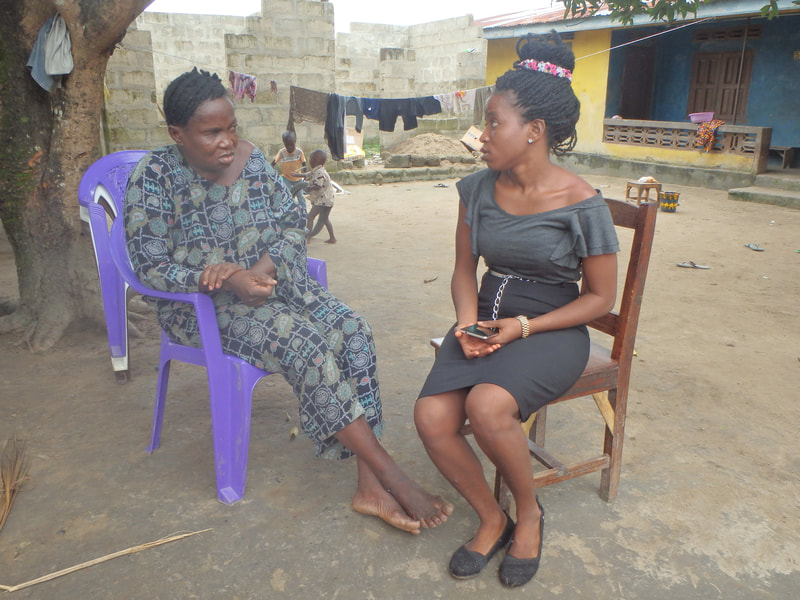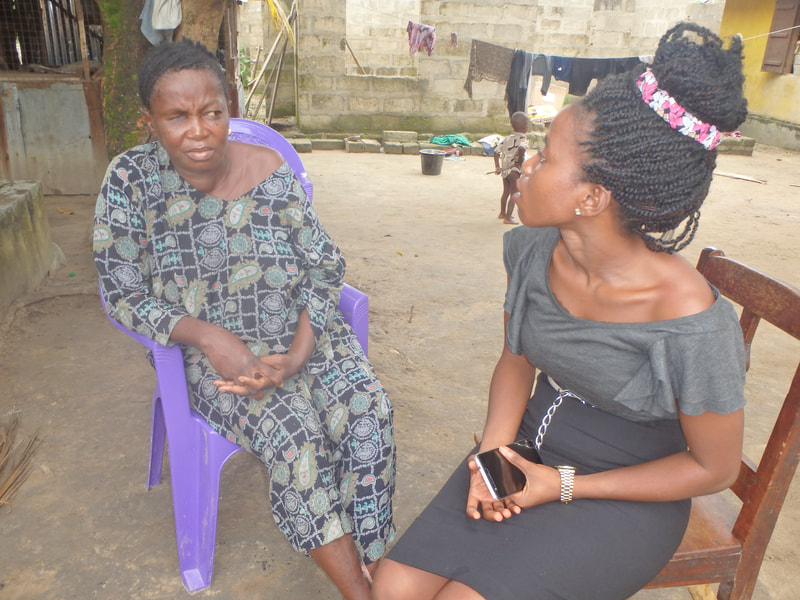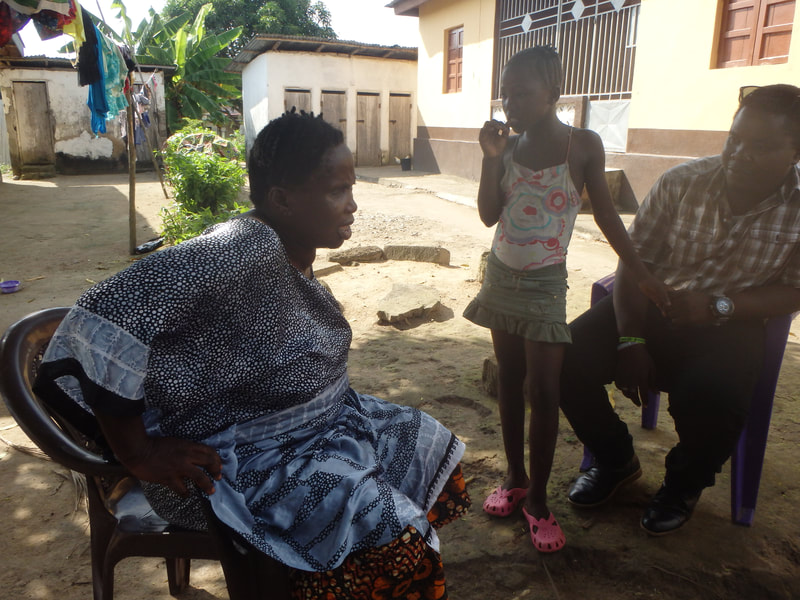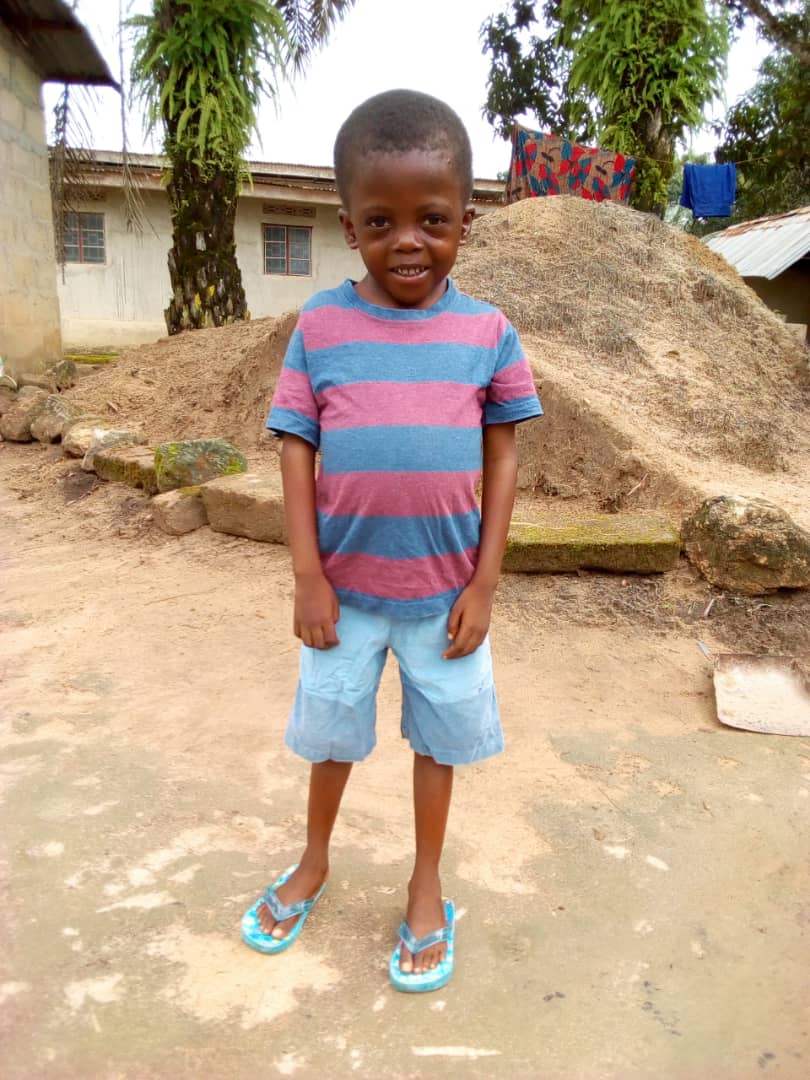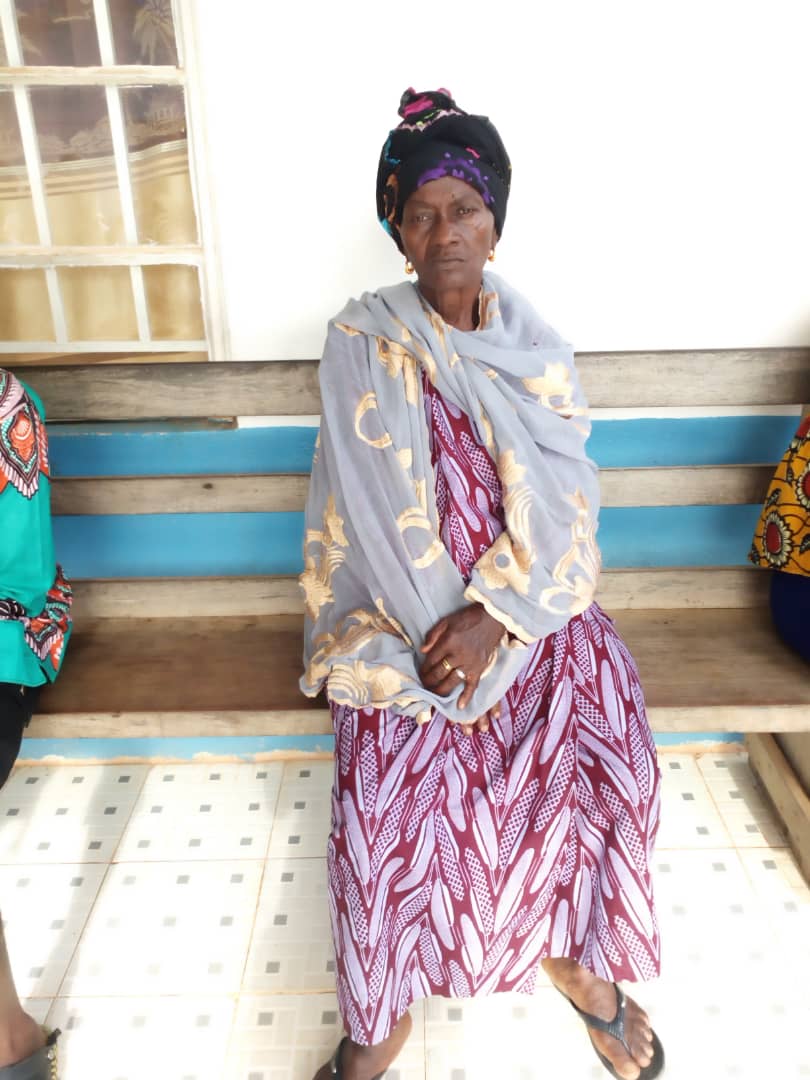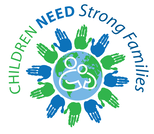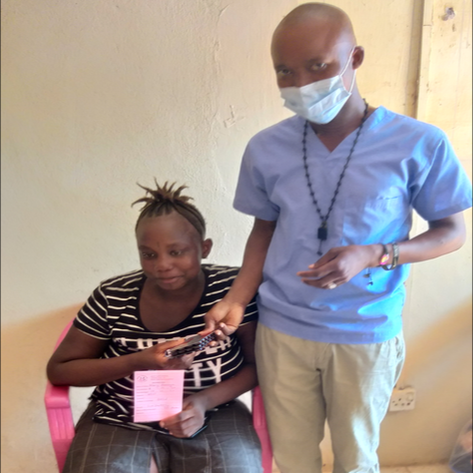 Sierra Leone is one of 30 countries with the highest burden of tuberculosis in the world. Tuberculosis is still the #1 infectious disease killer in the world and containing it during the COVID-19 pandemic had become increasingly difficult in Sierra Leone, as throughout the developing world. (See: COVID-19 effects on tuberculosis care in Sierra Leone.) For the poor, quarantine has heavy economic implications as people lose their daily income, making it even more difficult for families to access health care. In Sierra Leone, the government allowed health facilities to provide patients with enough TB medication for weeks in order to reduce movement and flatten the COVID-19 curve. This may have lead to low treatment adherence with potential consequences for TB cure rates, development of drug resistant TB, and spread in the community. Christina, age 29, was brought to Mercy Hospital complaining of breathing difficulty, cough, and chest pain. She also had back pain radiating to her neck, all classic symptoms of pulmonary tuberculosis. Dr. Aruna Stevens admitted her immediately because she was not breathing. A chest X-ray showed a positive result for TB. Mercy's TB focal person commenced intensive treatment for Christina, and she was placed in isolation to prevent the spread of infection. Over the next several days, Christina received intensive respiratory therapy and home care education. When her condition was stabilized, she was released with instructions for self care at home, as well as appropriate medication. "Pulmonary tuberculosis is a very serious and common condition in Sierra Leone," Dr. Stevens explained. "Treatment is available for free, and tuberculosis can be cured if diagnosed early."
0 Comments
The Child Rescue Centre and Mercy Hospital continue to find ways to partner together to provide care to people in the Bo community. This summer, they worked together to diagnose, treat and then place a deaf and mute child who’d been sleeping on the street. That child, Joseph Deen, now lives with his caregiver, the headmaster at the local deaf school, and is also enrolled in the school.
Recently, on a home visit to two children in the CRC Program (Kula Sesay Lassie and Paul Lassie), CRC Case Managers and Counselors, Rosa Saffa and Emmanuel Lamin realized that their grandmother, Kula Sesay, seemed quite ill. Kula shared that she had felt sick for over a year. Kula has been caring for her two grandchildren ever since their mother, Hannah, died during an epileptic seizure. Rosa and Emmanuel encouraged Kula to go to Mercy Hospital for diagnosis and treatment. She worried at first about her lack of ability to pay for her treatment, but the CRC staff members were happy to share with her Mercy’s policy to provide care regardless of a patient’s ability to pay. Mercy’s Community Health Officer, Deborah Boima diagnosed Kula with tuberculosis, and provided her with medicines and monthly treatment at Mercy Hospital. Grateful, Kula said, “I am really excited with the support of CRC, my health is now satisfactory.” Five-year-old Jerome was desperately sick when his mother brought him to Mercy suffering from a range of symptoms including severe anemia, high fever, vomiting and coughing. The Mercy staff diagnosed Jerome with malaria and an acute respiratory infection and he was admitted for treatment. After three days of intensive care and a blood transfusion for anemia, Jerome was stable enough to go home.
His mother was so happy to learn that the treatment was entirely free, as the family had no money to pay, and effusively thanked the staff for their kindness and compassion. “I am very grateful for the services given to my son. I want to thank the CHO and nurses that helped him when he was sick.” 65-year old Mamie Moijuel was coughing up blood when her family brought her to Mercy for treatment. Mamie was diagnosed with tuberculoid leprosy, a chronic infectious disease caused by bacteria that is endemic in poor rural areas of Africa. Tuberculoid leprosy is a mild, less severe and less contagious form of leprosy acquired through close contact. Mamie was put on a regimen of strong antibiotics to treat her illness. The antibiotic treatment took several months, but she now tests negative for TB and her condition has improved markedly. Mamie says, “I thank God for the Mercy staff. They know how to talk to patients nicely and to make you feel better even when you are very sick. They are helping people a lot." |
Follow us on social media
Archive
July 2024
Click the button to read heartfelt tributes to a beloved Bishop, co- founder of our mission!
Post
|
Helping Children Worldwide is a 501 (c) 3 nonprofit organization | 703-793-9521 | [email protected]
©2017 - 2021 Helping Children Worldwide
All donations in the United States are tax-deductible in full or part. | Donor and Privacy Policy
©2017 - 2021 Helping Children Worldwide
All donations in the United States are tax-deductible in full or part. | Donor and Privacy Policy

